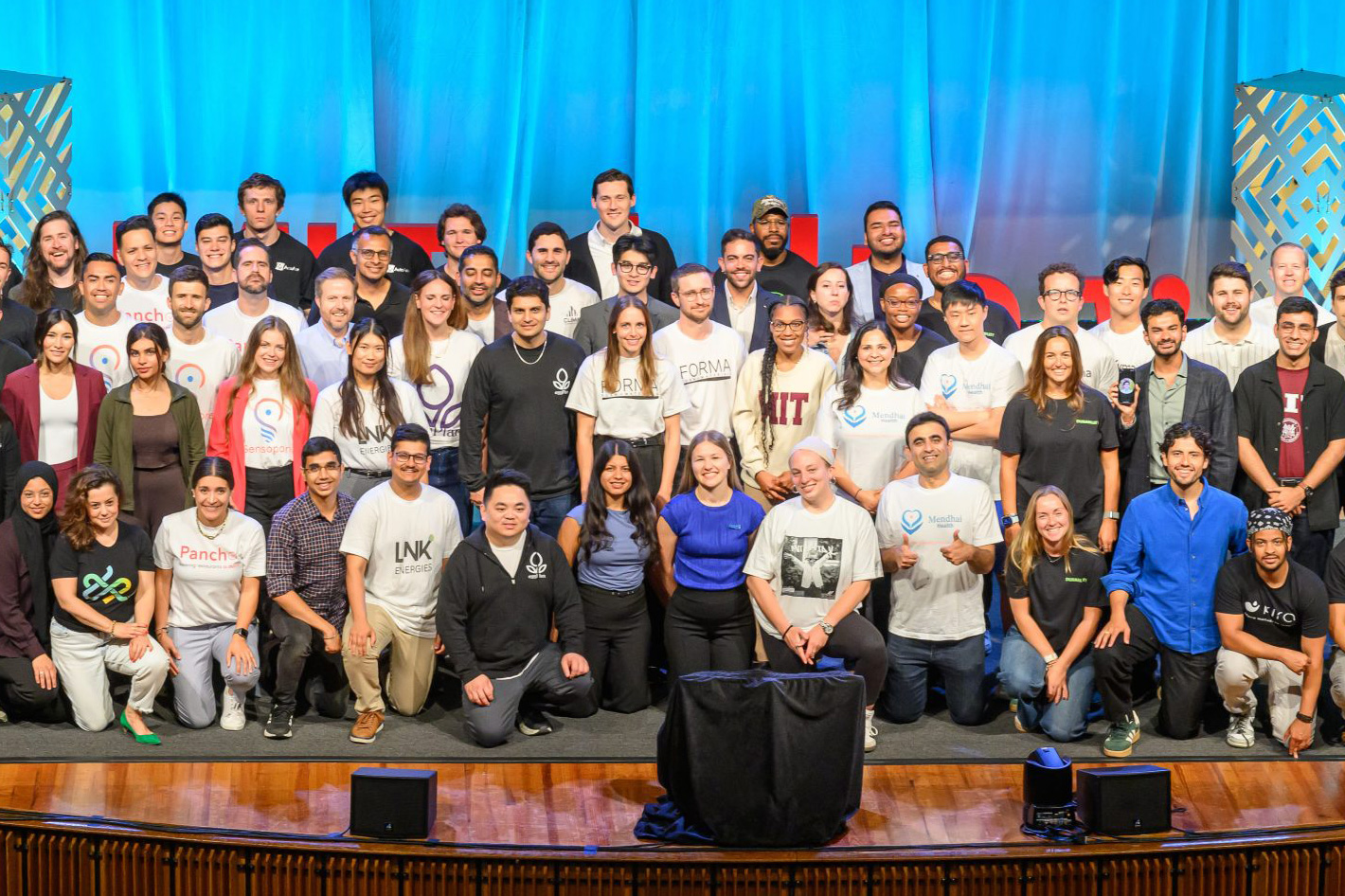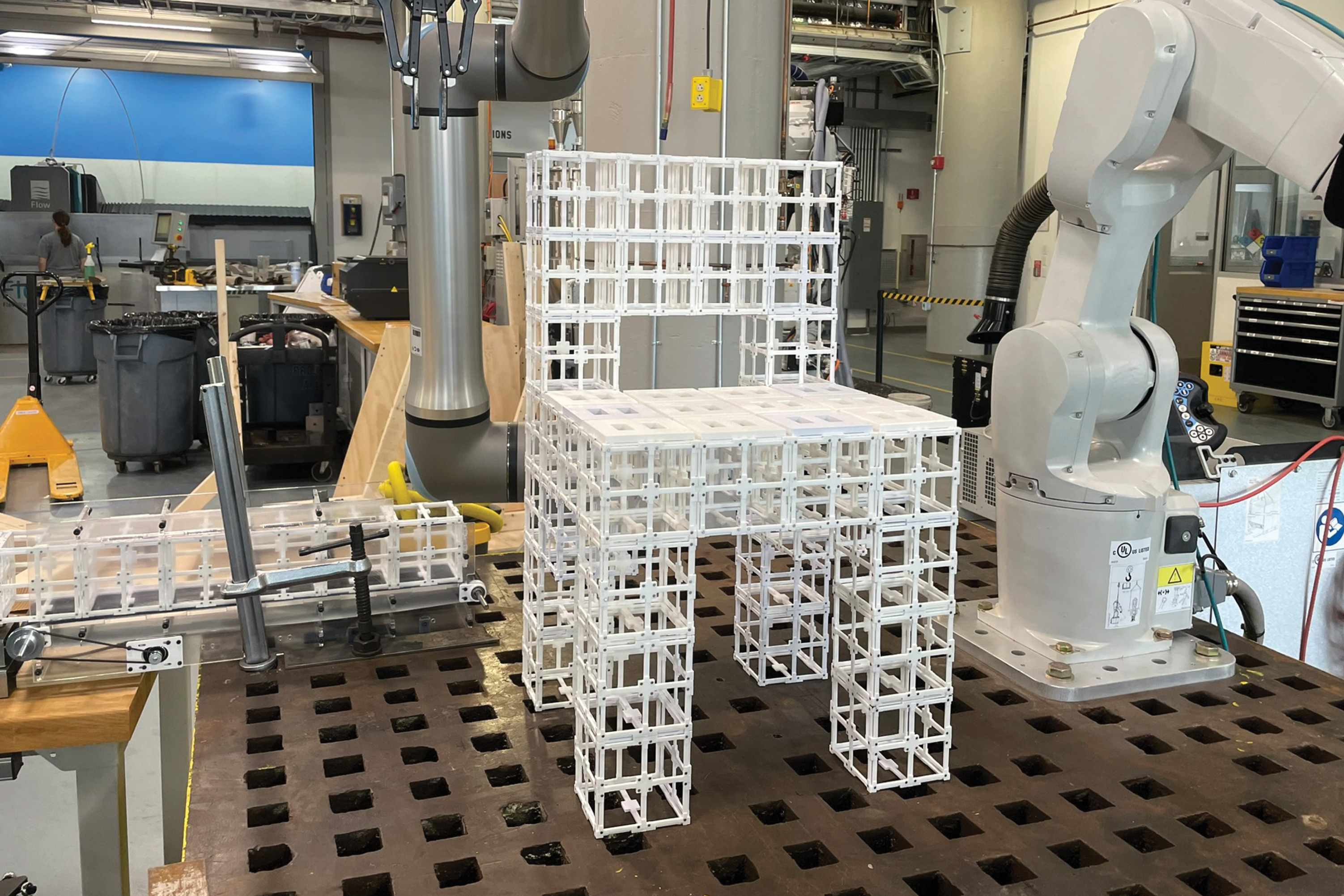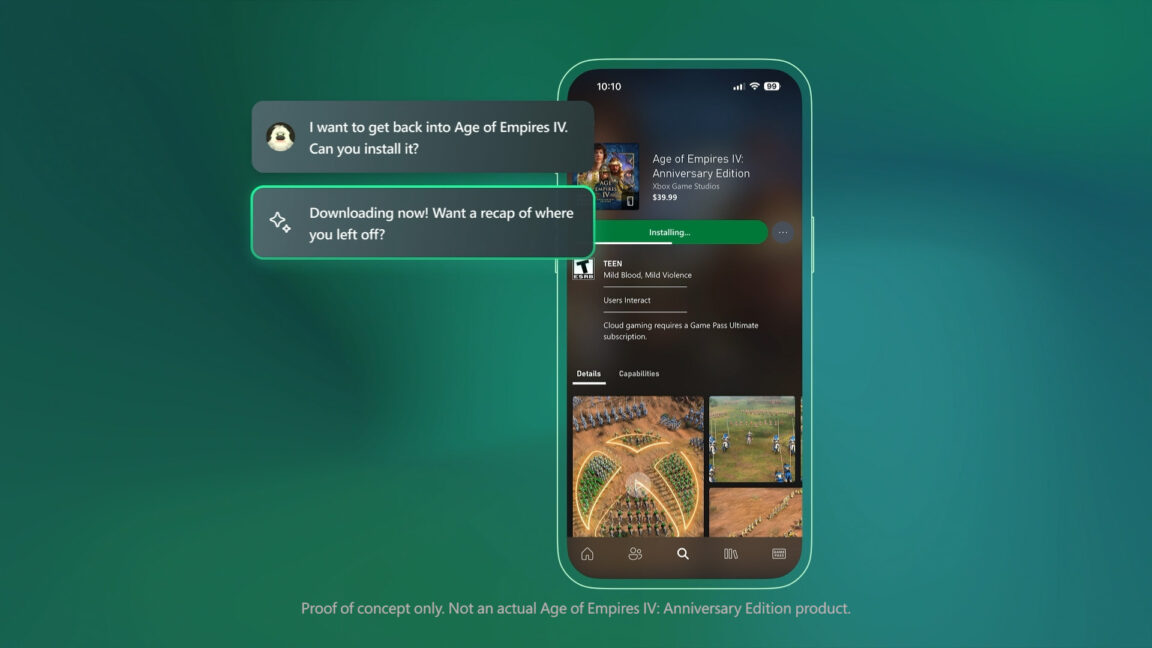Introduction to Entrepreneurship and AI
The Martin Trust Center for MIT Entrepreneurship teaches students the craft of entrepreneurship. Over the last few years, no technology has changed that craft more than artificial intelligence. While many are predicting a rapid and complete transformation in how startups are built, the Trust Center’s leaders have a more nuanced view.
The Role of AI in Entrepreneurship
“The fundamentals of entrepreneurship haven’t changed with AI,” says Trust Center Entrepreneur in Residence Macauley Kenney. “There’s been a shift in how entrepreneurs accomplish tasks, and that trickles down into how you build a company, but we’re thinking of AI as another new tool in the toolkit. In some ways the world is moving a lot faster, but we also need to make sure the fundamental principles of entrepreneurship are well-understood.” The Trust Center is encouraging students to use AI as they see fit while also staying mindful of the technology’s limitations.
Using AI Tools
Students in this year’s cohort used AI tools to accelerate their coding, draft presentations, learn about new industries, and brainstorm ideas. The Trust Center itself has also embraced AI, most notably through Jetpack, its generative AI app that walks users through the 24 steps of disciplined entrepreneurship outlined in Managing Director Bill Aulet’s book of the same name. When students input a startup idea, the tool can suggest customer segments, early markets to pursue, business models, pricing, and a product plan.
AI’s Strengths and Weaknesses
For the past few years, when the Trust Center’s delta v staff get together for strategic retreats, AI has been a central topic. The delta v program’s organizers think about how students can get the most out of the technology each year as they plan their summer-long curriculum. Everything starts with Orbit, the mobile app designed to help students find entrepreneurial resources, network with peers, access mentorship, and identify events and jobs. Jetpack was added to Orbit last year. It is trained on Aulet’s “Disciplined Entrepreneurship” as well as former Trust Center Executive Director Paul Cheek’s “Startup Tactics” book.
Limitations of AI
“You need to verify everything when you are using AI to build a business,” says Kenney, who is also a lecturer at MIT Sloan and MIT D-Lab. “I have yet to meet anyone who will base their business on the output of something like ChatGPT without verifying everything first. Sometimes, the verification can take longer than if you had done the research yourself from the beginning.” One company in this year’s cohort, Mendhai Health, uses AI and telehealth to offer personalized physical therapy for women struggling with pelvic floor dysfunction before and after childbirth.
The Importance of Human Interaction
One of the fundamentals the Trust Center doesn’t see changing is the need for students to get out of the lab or the classroom to talk to customers. “There are ways that AI can unlock new capabilities and make things move faster, but we haven’t turned our curriculum on its head because of AI,” Soltoff says. “In delta v, we stress first and foremost: What are you building and who are you building it for? AI alone can’t tell you who your customer is, what they want, and how you can better serve their needs. You need to go out into the world to make that happen.”
Conclusion
The Martin Trust Center for MIT Entrepreneurship is embracing AI as a tool for students to use in their entrepreneurial journeys. While AI can accelerate certain tasks and provide new insights, it is not a replacement for the fundamental principles of entrepreneurship. Students still need to get out and talk to customers, verify the output of AI tools, and use their own judgment to make decisions. As AI technology continues to evolve, the Trust Center will continue to adapt and find new ways to incorporate it into their curriculum.
FAQs
Q: What is the Martin Trust Center for MIT Entrepreneurship?
A: The Martin Trust Center for MIT Entrepreneurship is a center that teaches students the craft of entrepreneurship.
Q: How is AI being used in the delta v startup accelerator program?
A: Students in the delta v program are using AI tools to accelerate their coding, draft presentations, learn about new industries, and brainstorm ideas.
Q: What is Jetpack, and how is it being used by students?
A: Jetpack is a generative AI app that walks users through the 24 steps of disciplined entrepreneurship. Students input a startup idea, and the tool can suggest customer segments, early markets to pursue, business models, pricing, and a product plan.
Q: What are the limitations of using AI in entrepreneurship?
A: The limitations of using AI in entrepreneurship include the need to verify the output of AI tools and the potential for AI to provide average or generic solutions that may not be suitable for a specific demographic.
Q: Why is human interaction still important in entrepreneurship?
A: Human interaction is still important in entrepreneurship because AI alone cannot tell you who your customer is, what they want, and how you can better serve their needs. Students need to get out and talk to customers to make informed decisions.











